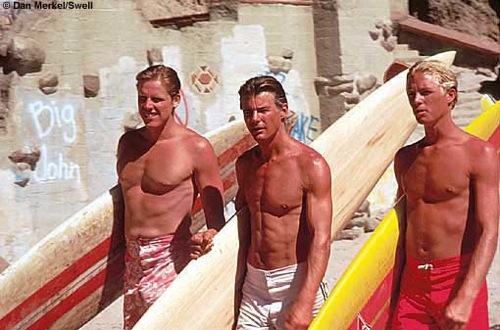Can you imagine how things might have played out if Robert Englund had played Han Solo?
It’s not as far-fetched as it might sound. In his autobiography, Hollywood Monster: A Walk Down Elm Street with the Man of Your Dreams, Englund mentions that he was one of the many actor who, in 1975, auditioned for a role in the first Star Wars film. It’s often forgotten that, before he became famous as Freddy Krueger in A Nightmare In Elm Street, Englund was a busy character actor who had roles in several big studio productions in the 70s. He was definitely a part of the “new Hollywood” that included people like George Lucas, Steven Spielberg, and Jon Milius.
Though Englund doesn’t go into much detail, he does say that he read for the roles of both Han Solo and Luke Skywalker. At the time, Englund didn’t feel that he was right for either role and he went back to his apartment under the correct impression that he would not be cast. However, he did feel that his friend and then-roommate Mark Hamill would be a good pick for Luke Skywalker and Englund writes that he encouraged Hamill to try out for the role.
Would Mark Hamill have been cast if Robert Englund hadn’t told him about the audition? Probably. Given that Star Wars was Lucas’s follow-up to the very popular American Graffiti, it’s probable that every struggling young actor in Hollywood was hoping to audition. As well, Hamill was not totally unknown to George Lucas, having early read for a role in American Graffiti. Still, it’s nice to think that, long before he was cast as Freddy Krueger, Robert Englund may have played a role in casting one of the most successful films of all time.
What would Robert Englund have been like as Han Solo? He definitely would not have been as grouchy as Harrison Ford’s Han. Indeed, one of the striking things out about Englund’s pre-Nightmare career was how he was usually cast as friendly characters who were almost shy. Englund would have been friendlier and rather eccentric Han Solo but I think he would have been entertaining in his way.
Because of the film’s success, it can be a bit difficult to know who was actually considered for a role in Star Wars. Lucas has said that he originally wanted to cast Black actor Glynn Turman as Han Solo but he feared audiences would not accept the possibility of an interracial romance between him and Leia, even in a galaxy far away. (Lucas’s regret over that decision is one of the things that led to the casting of Billy Dee Williams as Lando Calrissian.) The film’s IMDb trivia page insists that everyone from Al Pacino to Bill Murray to Marlon Brando to Chevy Chase was considered for the role of Han Solo and I have to say that this is a case where I doubt the accuracy of the IMDb. Harrison Ford, who had originally been hired only to read with people at the auditions, eventually got the role despite telling Lucas, about the script, “You can type this shit but you can’t say it.”
In several interviews, Christopher Lee expressed regret at having turned down the role of Grand Moff Tarkin, which was instead played by Lee’s best friend Peter Cushing. Interestingly enough, Cushing was also one of Lucas’s choices for Obi-Wan Kenobi so it’s easy to imagine a universe in which Star Wars reunited two Hammer films legends, along with setting box office records.
Famously, Lucas held joint-auditions with his friend Brian De Palma. De Palma was casting Carrie and just about everyone who read for one of the films also read for the other. Reportedly, William Katt came close to getting the role of Luke before instead being cast as Carrie’s doomed prom date. Amy Irving was also a strong contender for Leia, before instead ending up as Sue Snell in De Palma’s film. Some source that that Sissy Spacek also read for Leia, though I’ve also read that Spacek was not a part of the joint-auditions. That’s one thing about collecting trivia about classic films. It’s often hard to know what’s true and what’s just wishful thinking.
I should mention that another strong contender for Han Solo (and reportedly Luke as well) was Kurt Russell. It’s actually easy to imagine Kurt Russell as Han and, just as with Englund, it leads to an intriguing game of what if. Would Kurt Russell have gone on to have Harrison Ford’s career if he had been cast in Star Wars? Would Russell have gone to play Indiana Jones and Jack Ryan if he had been cast as Han Solo and would Harrison Ford have ended up helping the President to Escape from New York? Or is it just as possible that Star Wars have not worked without the chemistry of Harrison Ford, Carrie Fisher, and Mark Hamill? Would a Kurt Russell, Amy Irving, and William Katt version of Star Wars captured the imagination of audiences?
It’s a question to which there is no real answer, a bit like wondering if The Godfather would have been as big a hit if it had starred George C. Scott, Martin Sheen, and Burt Reynolds. Still, it’s interesting to consider.





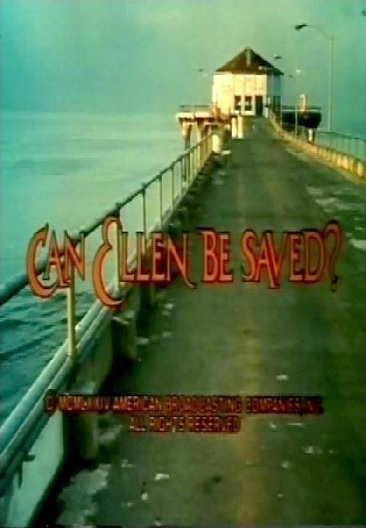

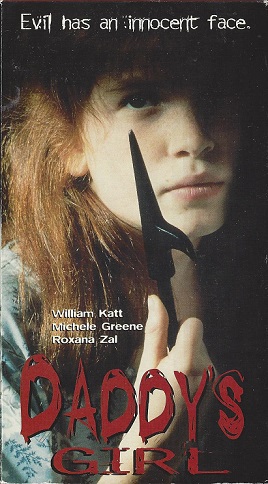



 Franklyn Carlysle (William Katt) is a fine, upstanding city councilman, with a rich wife (Wendy MacDonald) and a bright future. Carlysle wants to be mayor and he’s come up with the perfect scheme. He’s going to work with a developer to renovate Dante’s Square, the city’s notorious red light district.
Franklyn Carlysle (William Katt) is a fine, upstanding city councilman, with a rich wife (Wendy MacDonald) and a bright future. Carlysle wants to be mayor and he’s come up with the perfect scheme. He’s going to work with a developer to renovate Dante’s Square, the city’s notorious red light district.
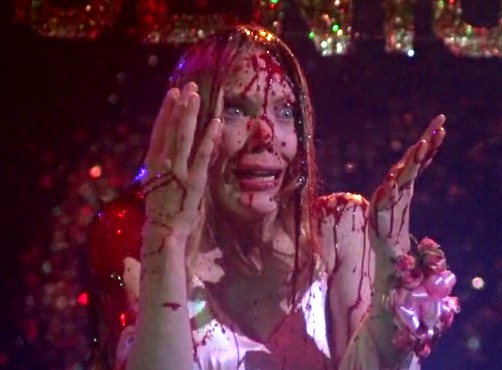
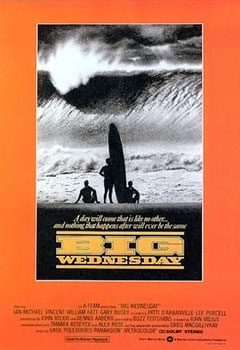 If there is a male bonding hall of fame,
If there is a male bonding hall of fame, 